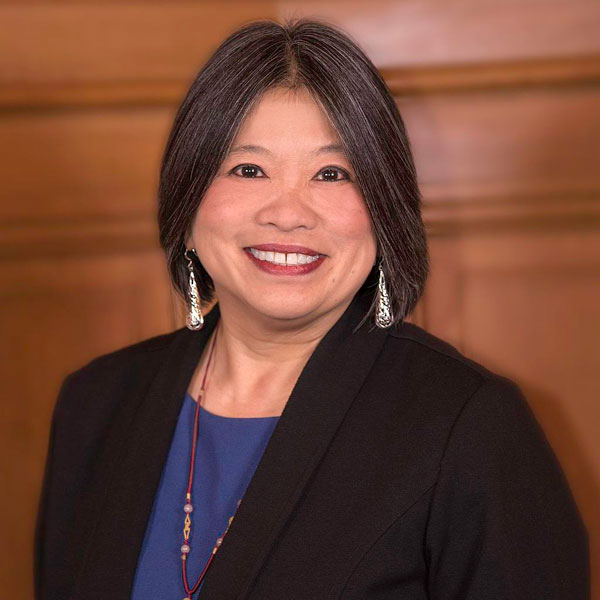
April 16, 2019; SF Weekly
After four years of community organizing, in the end, it wasn’t close. Not only did the Board of Supervisors unanimously vote to give housing nonprofits the rights of first offer and first refusal to help them acquire more multifamily residential buildings (and related construction sites and vacant lots) in the city, but all 11 supervisors signed on as cosponsors. As a result, “San Francisco’s ability to preserve its affordable housing stock just strengthened immensely,” remarks Ida Mojadad in SF Weekly.
Part of what led to the unanimous vote is pent-up frustration regarding the lack of available affordable housing. At a hearing earlier in the month, Jordan Davis, who’s been a member of the city’s Single Room Occupancy (SRO) task force, commented on how she was “sick and tired of SROs being flipped into tech dorms.”
At the same hearing, Bruce Wolfe who chairs the board of the San Francisco Community Land Trust, called the bill “amazing,” and said that it would allow organizations like his own to “provide the most impact to prevent displacement, especially for people with disabilities and enable people who are approaching senior age, to age in place.”
Supervisor Sandra Lee Fewer, who led the effort to pass what is known in San Francisco as the Community Opportunity to Purchase Act, or “COPA,” told Mojadad that, while far from a total solution to San Francisco’s housing shortage woes, “COPA will provide affordable housing nonprofits with a critical tool to stop the bleeding.”
As NPQ noted last week, the legislation seeks to put into place a system that requires landlords, when selling multifamily properties (defined as having three or more housing units), to notify a set of housing nonprofits regarding the property’s availability. The seller is not required to sell to the nonprofit, but if a nonprofit expresses interest in buying the property and the seller receives a higher offer from a private buyer, then the nonprofit must be given a chance to match the private buyer’s price.
Sign up for our free newsletters
Subscribe to NPQ's newsletters to have our top stories delivered directly to your inbox.
By signing up, you agree to our privacy policy and terms of use, and to receive messages from NPQ and our partners.
As Mojadad explains, a first step in implementation will be for the Mayor’s Office of Housing to develop a list of qualified affordable housing nonprofits that sellers of a residential building with at least three units would be required to notify.
“At a rally before the Board of Supervisors meeting, community advocates cheered the improved ability to preserve affordable housing in San Francisco,” Mojadad reports. Joy Lee of the Housing Rights Committee of San Francisco, where she works as a program director, notes that, “The west side of the city, including the Richmond District, has suffered from a high rate of evictions due to speculation.” For Lee, “COPA is a key strategy to preserve affordable housing for low-to-moderate-income people in San Francisco and to ensure community stability.”
COPA is patterned in some ways after Washington DC’s Tenant Opportunity to Purchase Act, which since 1980 has enabled thousands of District residents to become housing co-op member-owners. COPA, however, gives nonprofits rather than residents the right to bid on properties. Still, COPA does not provide the money for nonprofits to be able to compete successfully against private buyers and complete the purchases. This is no trivial matter in a city where the median value of a single-family home is estimated to be $1.57 million (down slightly from $1.62 million last spring). Clearly, the need for affordable housing funding remains. That said, having the first right to review and to make offers on property is a big step—and it likely will allow nonprofits in the city to deploy the affordable housing dollars they do raise or receive from the city more efficiently.
Fernando Marti, who is a codirector of the Council of Community Housing Organizations, was optimistic: “San Francisco once again stands out as a leader in the affordable housing field with this creative policy to preserve at-risk rental apartments and make them permanently affordable,” Marti said. “COPA right-to-purchase will be a powerful tool to help address the affordability crisis.”
It should be noted that this is not the first time San Francisco’s board of supervisors has acted to promote the positioning of nonprofits in the increasingly expensive and therefore increasingly exclusive city. Last fall, for instance, they also moved to raise the wages of home care and elderly service workers. —Steve Dubb













